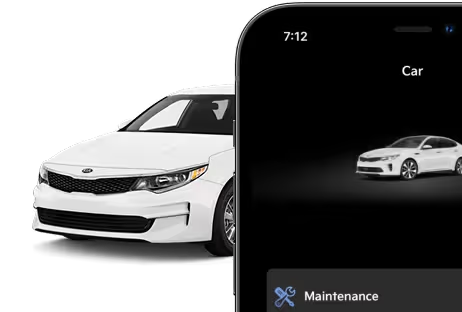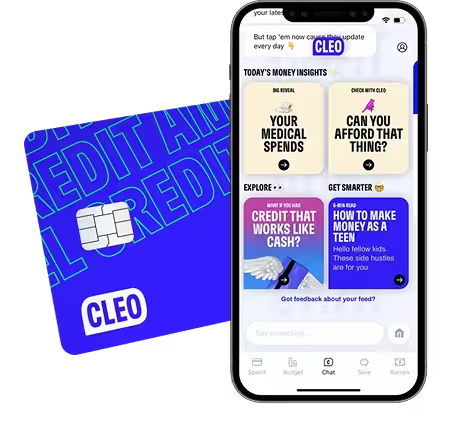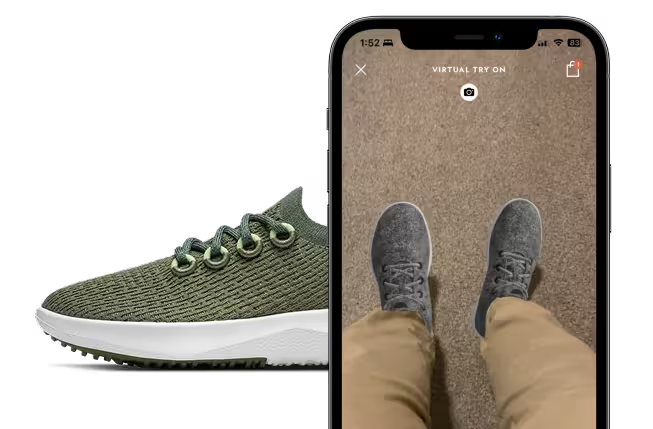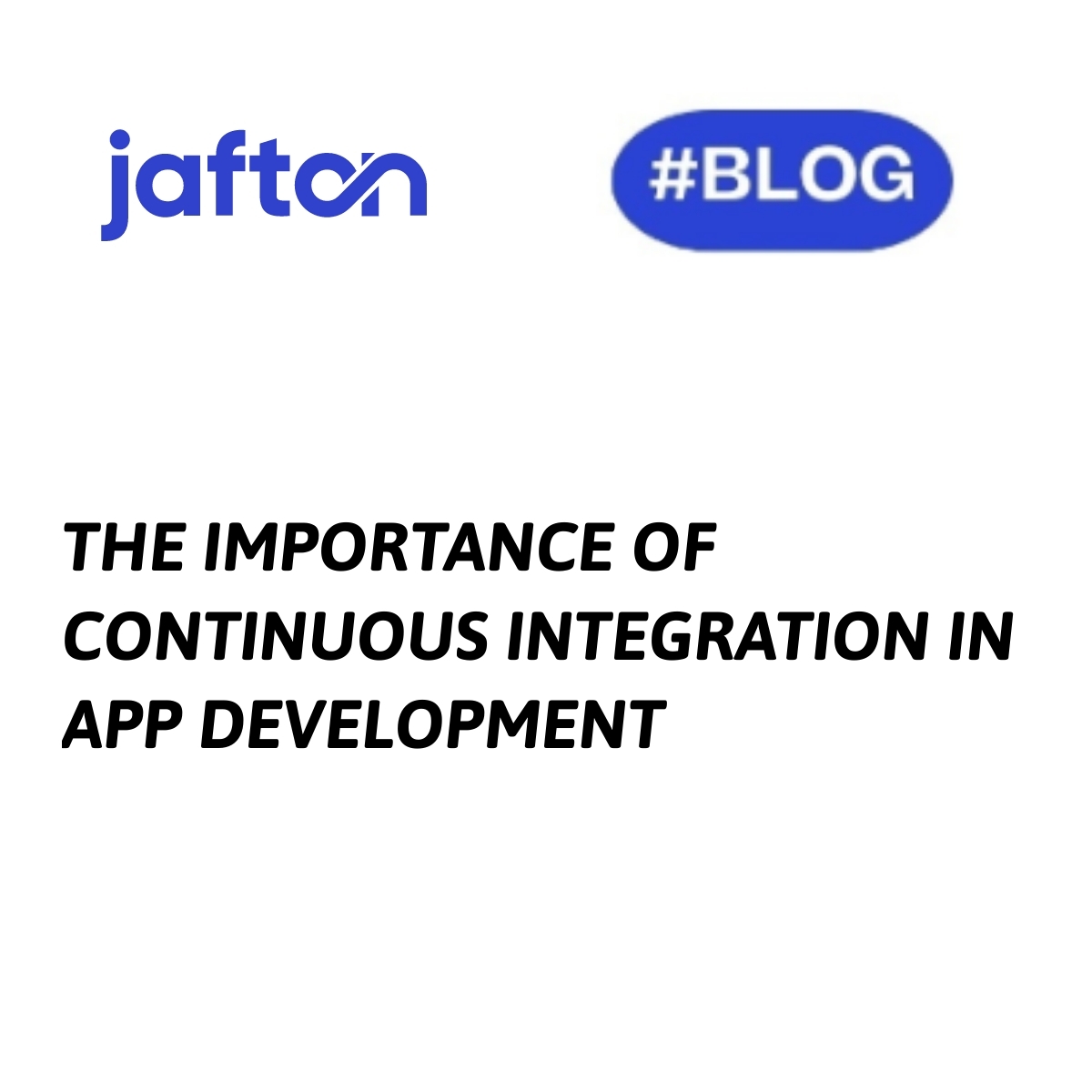AI Driven Mobile App
Development Company
Top rated according to Forbes, Clutch and BBB
See what we do
at Jafton.com
Some of our humble recognitions
We don't like to brag about it, but these organizations recognize our work ethic and product delivery.
What clients say about working with Jafton
Award-winning services we provide
Staff Augmentation
There is no need to employ your own staff. We provide outstaffing service for your projects
Mobile App Development
From Social Media Apps like TikTok to Fitness Tracking, we've built them all
AI Development
Looking for AI that actually works for you? We develop smart, adaptable AI solutions that make your business look like it's living in the future
Custom Software Development
From a custom CRM to Transportation Management System, we've built it all
We are a trusted technology partner for recognized brands
We have worked with the top brands in the US, from Alaska Airlines to the one most widely known magazine- Forbes, in our 10 years in business. You are in good hands!
Industries we've excelled in
Telemedicine
Healthcare is broken. Address the issue by crafting a superior virtual solution with our mobile app development company, whether it's a telehealth app or a web platform.
Fintech
Fintech projects have stringent requirements. With our innovative approach and mobile app development expertise, we can elevate your fintech endeavors.
Dating Apps
Finding your soulmate can be challenging, but with our app development expertise, building a dating app doesn't have to be.
E-commerce
Retail is evolving. Shape the future of commerce with our innovative vision and advanced mobile app development solutions. Perhaps in the metaverse?
Social Media
We understand the limitations of platforms like Facebook. Let us assist you with social media app development to create a superior social media app!
Marketplaces
Seeking to make a mark in the digital world? Our mobile app development company is equipped with the expertise and tools to transform your vision into a groundbreaking app that reshapes industries!
Meet some of our 120+ team members
We use latest technologies to run your project smoothly
Our mobile app development company has expertise in over 30 different languages, and we've handpicked the best tech stack for mobile development.







Web apps are the best way to build your MVP. And this is our stack to build it!












A right pick of tech stack matters a lot. This is the latest tech of our choice to get work done.








Interested in our app development services? Tell us about your project!
- Schedule a call
- We do a discovery and consultation meeting
- We prepare a proposal
Frequently Asked Questions
Mobile app development is the process of designing, creating, testing, and launching applications for mobile devices. These applications, commonly referred to as "apps," are designed to run on various mobile platforms and devices such as smartphones, tablets, and wearables. Mobile app development encompasses a wide range of tasks and techniques, and here's a broad overview of what it entails:
Types of Mobile Apps:
Native Apps: Native apps are developed specifically for one platform, such as iOS or Android. They are written using languages and development tools native to that platform, like Swift for iOS and Kotlin for Android. Native apps can fully harness the device's hardware and software capabilities, offering optimal performance and a seamless user experience.
Hybrid Apps: Hybrid apps combine elements of both native and web applications. They are built using web technologies like HTML, CSS, and JavaScript and then encapsulated within a native application shell. This allows them to run on multiple platforms with a single codebase. Tools like Cordova or Ionic are often used to create hybrid apps. While they may not offer the same performance level as native apps, they provide a cost-effective solution for businesses looking to reach a wider audience across different platforms with a consistent look and feel.
Web Apps: Web apps are essentially mobile-optimized websites that function like apps but run within a browser and aren't installed on the device. They are developed using standard web technologies and are responsive, meaning they adjust to fit different screen sizes. Since they're platform-independent, they can be accessed from any device with an internet connection and a web browser. Progressive Web Apps (PWAs) are a type of web app that can be "installed" on a device and offer offline capabilities, making them feel more like native apps.
Development Platforms and Tools:
Integrated Development Environments (IDEs): Native app development requires tools like Xcode for iOS and Android Studio for Android.
Cross-platform Development Tools: Frameworks such as React Native, Flutter, and Xamarin facilitate the creation of apps for multiple platforms with a single codebase.
Design and User Experience (UX): Mobile app design emphasizes intuitive and user-friendly interfaces. UX design ensures easy navigation and a seamless user experience.
Backend Development: Many apps need a backend to store data, manage user accounts, and perform complex operations. Databases, server-side scripting, and cloud platforms are integral to this process.
Testing: Apps must be tested on various devices, screen sizes, and operating systems. Testing encompasses functional, usability, performance, and security aspects.
Deployment and Distribution: Apps are submitted to app stores for review and distribution. Adherence to platform-specific guidelines is crucial for app approval.
Maintenance and Updates: Regular updates are essential for bug fixes, new features, and OS compatibility. Continuous monitoring and user feedback help keep the app relevant and functional. In summary, mobile app development is a multifaceted discipline that combines technical skills, creativity, and user understanding. Whether native, hybrid, or web-based, each type of app offers unique advantages and challenges, catering to different business needs and user preferences.
“Not all apps are created equal” - says the 'Declaration of Techdependence.' The type of web and mobile app will determine the complexity of the solution and the number of hours required for its development process. In IT, the industry standard for clients is measured in hourly rates, which vary anywhere from $20 to $200/hour.
MVP stands for Minimum Viable Product. MVP is the best way to check if your idea has a demand. Will people use it or not? Mostly, this is a product with ONLY ONE function.
The whole point of MVP is that you should define what your app does in one sentence and create a product that does nothing else.
We sketch out the details and create a vision to turn your idea into reality after digital market research! Direct communication with developers assesses all deliverables/features, select tools, and give a free quote. Then, we develop a complete roadmap using the findings and suggest the optimal approach. When it comes to developing apps, an agile approach is best suited. We design a prototype and enhance app dev using current delivery processes. With many rounds of evaluation, we test functionality, performance, and ease of navigation. It's time to deploy your software after it's gone through the necessary testing and evaluation by getting reviews and making the project a successful fit for your business.
Once we start working on your project, our team will have your back, and our services go beyond just coding and designing. Jafton can manage everything till successful app submission for iOS and Android on repositories such as Google Play Store and Apple App Store. Then we go on with maintenance service after the development and deployment phases.
- Mobile Development Consultancy: It is the initial step where developers and clients discuss things.
- Requirement Collection: The development team collects the requirements from clients.
- Planning & Strategy: Based on the requirement analysis planning, what will be the exact strategy to make the desired app.
- Wireframing: Under this process, the app's blueprint development takes place, representing how an app will look in real life.
- UI/UX designing: It includes frontend app development using designing tools.
- App Development refers to server-side development, like how data will be stored & retrieved and the implementation of other functionalities.
- Quality Assurance: testing is also an important thing that facilitates the developers to eliminate bugs, irrelevant code, etc.
- Optimization: After testing, app optimization creates the best user experience.
- Deployment: As a final stage, an app is deployed on the app stores of respective platforms.
Yes!
















